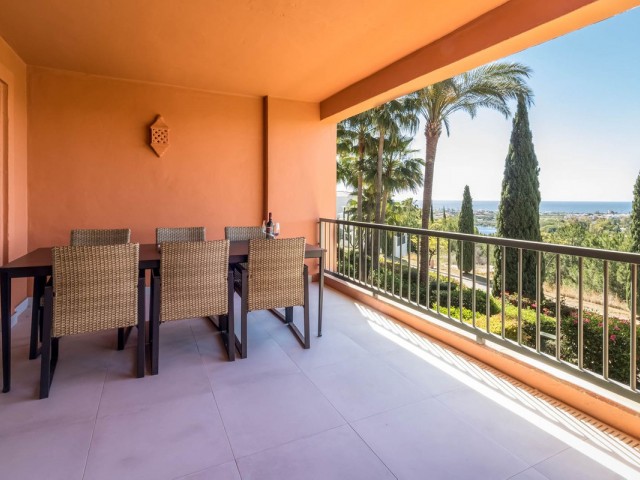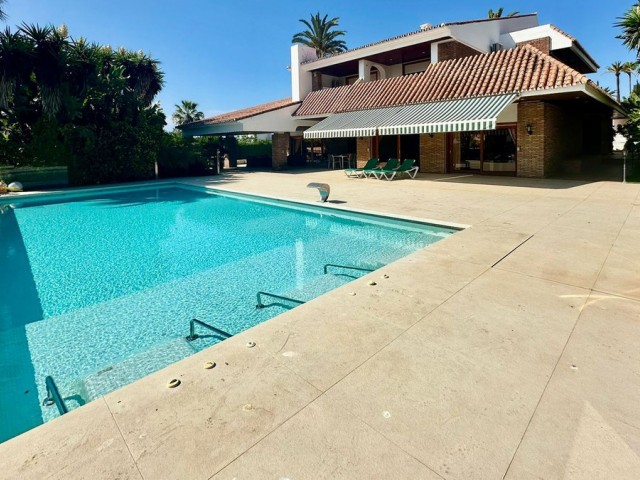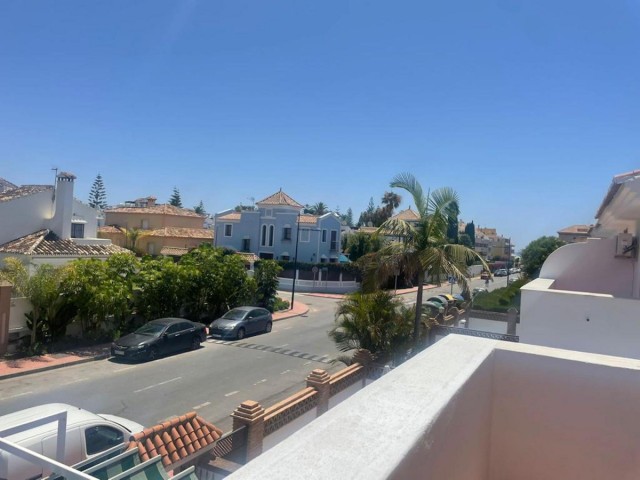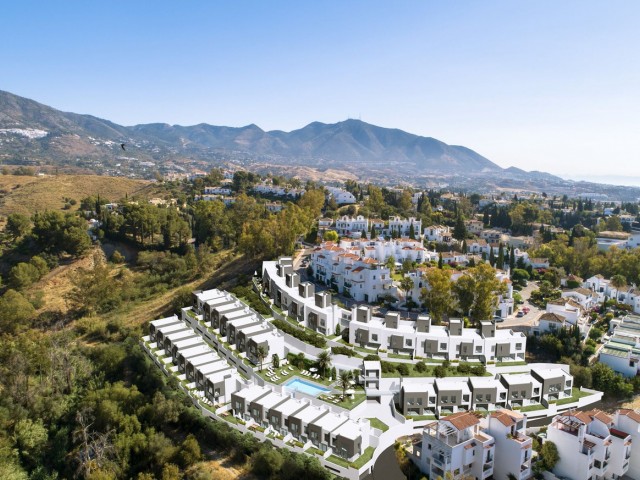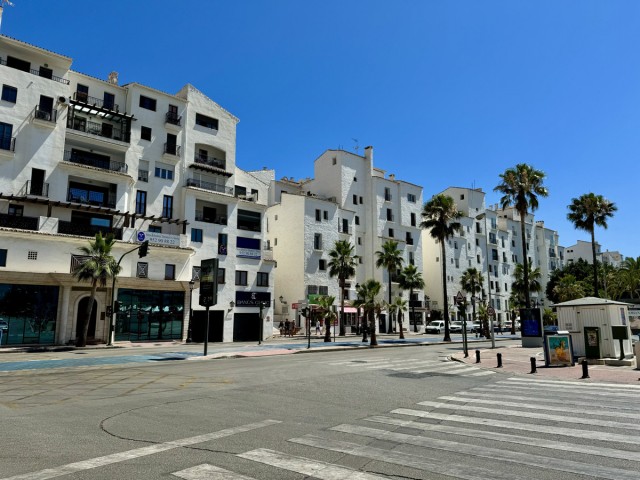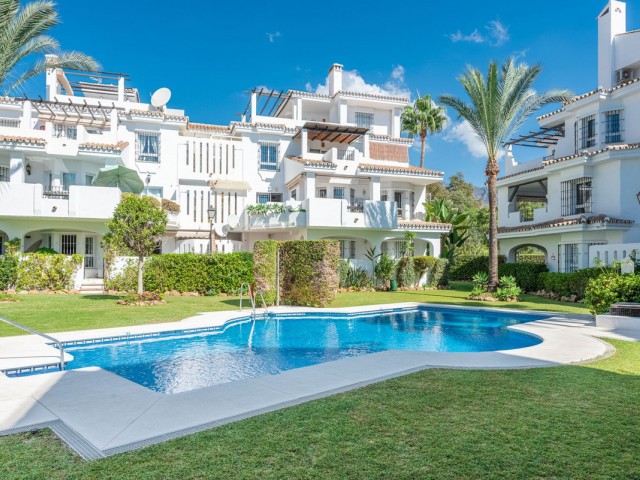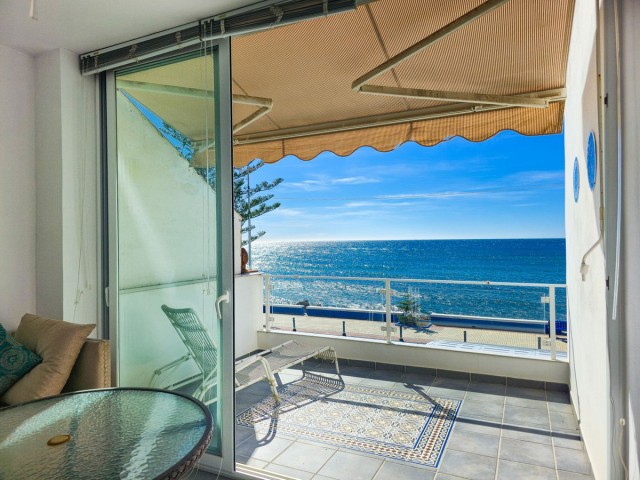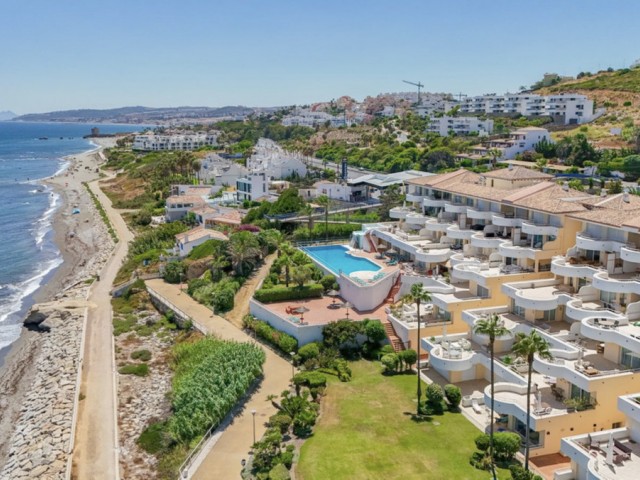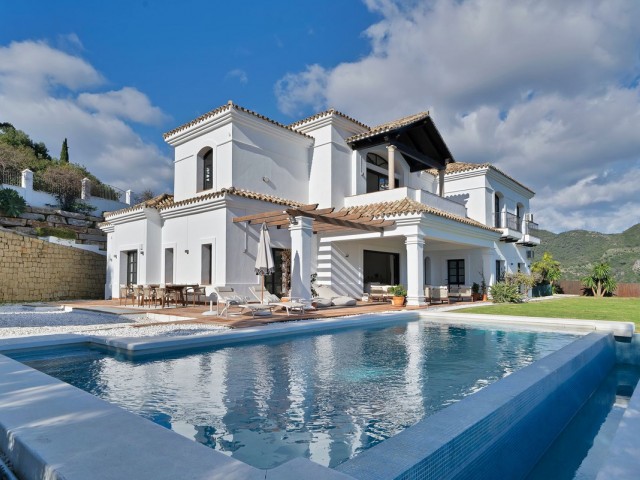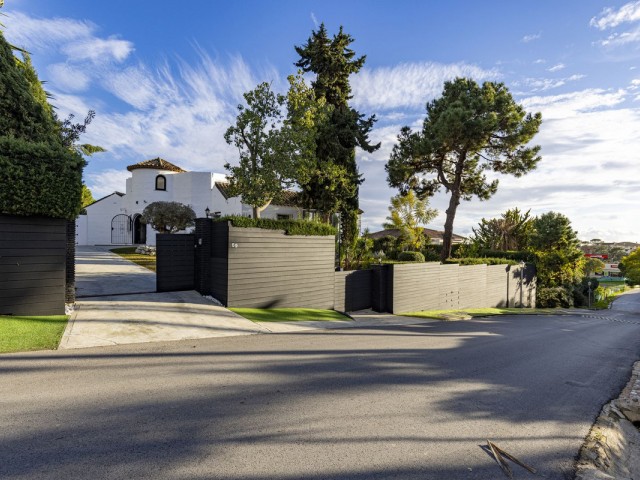Bargain or Burden? Risks of Cheap Properties in Spain
While a cheap property might seem like a good deal at first glance, it's essential to thoroughly research and assess all factors involved to ensure that you're making a sound investment decision. Consulting with a real estate expert and conducting due diligence can help mitigate the risks associated with purchasing a cheap property in Spain or any other location.
Buying a cheap property in Spain can sometimes come with hidden costs or issues that might end up costing you more in the long run. Here are some reasons why it might not be a good idea for you to purchase a cheap Spanish property:
Hidden Costs:
A cheap property might seem like a bargain initially, but there could be hidden costs such as repairs, renovations, or outstanding debts associated with the property that you may not be aware of.
Legal Issues:
Some inexpensive properties might have legal issues such as ownership disputes, zoning problems, or lack of proper documentation, which could lead to legal battles or difficulties in selling the property later on.
Location:
Cheap properties might be located in less desirable areas with limited amenities, poor infrastructure, or far from popular tourist destinations, making it difficult to rent out or resell the property in the future.
Quality:
Low-priced properties might be poorly constructed or in need of significant repairs, which could require additional investment to make them habitable or attractive to renters or buyers.
Resale Value:
Investing in a cheap property with little potential for appreciation could result in difficulties when trying to sell it later, especially if the market conditions are unfavourable.
Maintenance Costs:
Older or neglected properties may require more frequent maintenance and repairs, leading to higher ongoing expenses than initially anticipated.
Market Trends:
A property priced significantly below market value may indicate underlying issues or a declining market in the area. Investing in such a property could mean facing challenges in the future when attempting to sell or rent it out.
Limited Financing Options:
Lenders may be hesitant to provide financing for properties with unusually low prices, as they may perceive them as high-risk investments. This could restrict your options for financing the purchase, requiring you to pay cash or find alternative financing sources with potentially higher interest rates.
Unforeseen Expenses:
Cheap properties may come with unexpected expenses, such as unpaid utility bills, property taxes, or community fees. These additional costs can quickly add up and diminish the perceived savings of buying a low-priced property.
Lack of Amenities:
Inexpensive properties may be located in areas with limited access to essential amenities such as schools, healthcare facilities, public transportation, or shopping centres. This can affect the property's appeal to potential tenants or buyers and limit its long-term rental or resale potential.
Property Condition:
Some cheap properties may require extensive renovations or upgrades to meet modern standards or comply with local regulations. Assessing the condition of the property and estimating the cost of necessary repairs is crucial to avoid unexpected expenses and delays.
Legal and Regulatory Compliance:
Purchasing a cheap property without ensuring that it complies with all relevant legal and regulatory requirements can lead to fines, penalties, or even demolition orders in extreme cases. It's essential to verify that the property has all the necessary permits and approvals before finalising the purchase.
Economic Stability:
In some cases, exceptionally cheap properties might be located in areas with unstable or declining economies. Investing in such areas could mean a higher risk of depreciation or difficulties in finding tenants or buyers, especially during economic downturns.
Property Taxes:
While the initial purchase price might be low, property taxes could be disproportionately high compared to the value of the property. It's crucial to research the local tax rates and regulations to understand the ongoing financial obligations associated with owning the property.
Limited Resale Potential:
Cheap properties may have limited resale potential due to factors such as unfavorable location, poor condition, or market saturation. This could result in longer holding periods or selling at a loss if you're unable to find a buyer willing to pay a fair price.
Association Fees and Restrictions:
In some cases, inexpensive properties may be part of homeowners' associations or communities with strict regulations and high fees. These additional costs can significantly impact the affordability and desirability of the property.
Insurance Costs:
Properties in certain areas may be more prone to natural disasters or other risks, leading to higher insurance premiums. It's essential to consider the potential insurance costs associated with the property, especially if it's located in a high-risk area.

